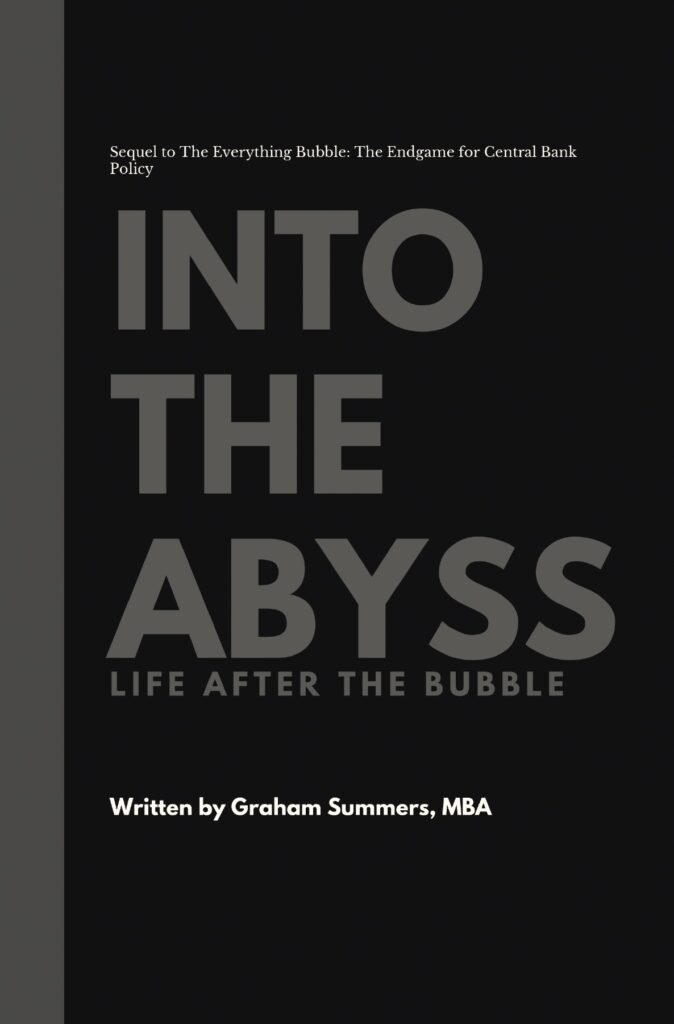As I’ve noted in previous articles, politics, not economics, rule Europe. What I mean by this is that most major decisions in Europe are determined by political agendas that ignore economic and financial realities.
This is at the core of the “welfare state” mentality that permeates Europe as a whole. The EU in general is comprised of an aging population that is more concerned about receiving the pensions/ health benefits/ social payouts that were promised to them by the system than anything else.
As a result of this, EU voters, who determine EU elections, don’t take action until what has promised to them comes under threat.
For this reason, EU political leaders will maintain their agendas regardless of whether said agendas go against financial or economic realities (or common sense for that matter) until these agendas begin to have real negative consequences for their political careers.
A perfect example of this paradigm in action is German Chancellor Angela Merkel who was relatively “pro-bailout” until German voters began to thrash her political party in Germany’s state elections (March 2011).
She then altered her strategy to one of offering to provide bailout funds to Greece and others but only if these EU members met fiscal demands that were so onerous that the likelihood of them accepting the deal was little to none.
As a result of this decision to start playing “hardball,” Merkel’s political approval ratings shot to their highest levels since her 2009 re-election. At the same time, she was able to maintain her agenda of extending Germany’s control over Europe from a fiscal perspective (another plus in the eyes of German voters) without abandoning Germany’s allegiance to the Euro which would only turn the rest of the EU against Germany.
And then… German voters found out that she’s secretly been bailing out Europe along with the Bundesbank:
German tempers boil over back-door euro rescues
Professor Hans-Werner Sinn, head of Germany’s IFO Institute, said German taxpayers are facing a dangerous rise in credit risk from a plethora of bail-out schemes. “The euro-system is near explosion,” he told Austria’s Economics Academy on Thursday.
Dr Sinn said Germany is on the hook for much of the €2.1 trillion (£1.72 trillion) in rescue measures for EMU debtors – often by the back-door – that will saddle Germans with ruinous losses one day.
“It is a horror scenario,” he said, warning that the euro system is splitting friendly countries into blocs of mutually hostile creditors and debtors, exactly the opposite of what was hoped.
Earlier this week, the Foundation for Family Business in Munich filed a criminal lawsuit against the Bundesbank, accusing the board of disguising the true scale of risk born by German citizens.
As a direct result of this, Merkel’s CDU party is getting slammed again in state elections. And remember, Merkel is up for re-election in 2013. In that context as well as the recent elections in France and Greece, the stage is set for the EU to collapse in the future. Indeed, Germany’s been almost expecting this for months now:
Seeing in Crisis the Last Best Chance to Unite Europe
MR. SCHÄUBLE said the German government would propose treaty changes at the summit of European leaders in Brussels on Dec. 9 that would move Europe closer to the centralized fiscal government that the currency zone has lacked. The ultimate goal, Mr. Schäuble says, is a political union with a European president directly elected by the people.
“What we’re now doing with the fiscal union, what I’m describing here, is a short-term step for the currency,” Mr. Schäuble said. “In a larger context, naturally we need a political union.”
Critics say the spending cuts German leaders have demanded from other countries are hurting growth across the Continent, in the process making debts only harder to repay. And his proposals to give the European Commission far-reaching powers to enforce budgetary discipline have been likened by skeptics in Britain to an invasive new “super state.” Even some euro supporters fear that Mrs. Merkel and Mr. Schäuble are talking about long-term changes while panicked investors and practiced speculators are tearing the euro to pieces right now.
“There is a limited transition period where we have to manage the nervousness on the markets,” Mr. Schäuble said. “If it is clear that by the end of 2012 or the middle of 2013 that we have all the ingredients for new, strengthened and deepened political structures together, I think that will work.”
He sees the turmoil as not an obstacle but a necessity. “We can only achieve a political union if we have a crisis,” Mr. Schäuble said.
Note that Schauble repeatedly emphasizes the goal of a “political union,” NOT a “fiscal union” or “monetary union.” Indeed, his one reference to a “fiscal union” is in the “short-term,” while stressing that in a “larger context” the EU needs a “political union.”
The message here is very, very clear: Germany is interested in the EU as a political entity, NOT the Euro as a currency. With that in mind, as well as Merkel’s recent political struggle, the stage is set for a possible exit from the Euro on the part of Germany.
True this would have horrible consequences for the EU both politically AND financially. But the alternative (implode Germany and commit political suicide) is no better. And in the end, politics wins, which is why I think when push comes to shove, Germany will pull out of the Euro (but not the EU) rather than backstop the system for much longer.
On that note, I fully believe the EU in its current form is in its final chapters. Whether it’s through Spain imploding or Germany ultimately pulling out of the Euro, we’ve now reached the point of no return: the problems facing the EU (Spain and Italy) are too large to be bailed out. There simply aren’t any funds or entities large enough to handle these issues.
With that in mind, I’m already positioning subscribers of Private Wealth Advisory for the upcoming EU collapse. Already we’ve seen gains of 6%, 9%, 10%, even 12% in less than two weeks by placing well-targeted shorts on a number of European financials.
And we’re just getting started. Indeed, we just closed our 50th straight winner last week: a 10% gain in one week’s time.
So if you’re looking for the means of profiting from what’s coming, I highly suggest you consider a subscription to Private Wealth Advisory. We’ve locked in 50 straight winning trades since late July (thanks to the timing of our trades), and haven’t closed a single losing trade since that time.
To find out more about Private Wealth Advisory and how it can help you make money in any market…
Best Regards,
Graham Summers
Chief Market Strategist
Phoenix Capital Research




